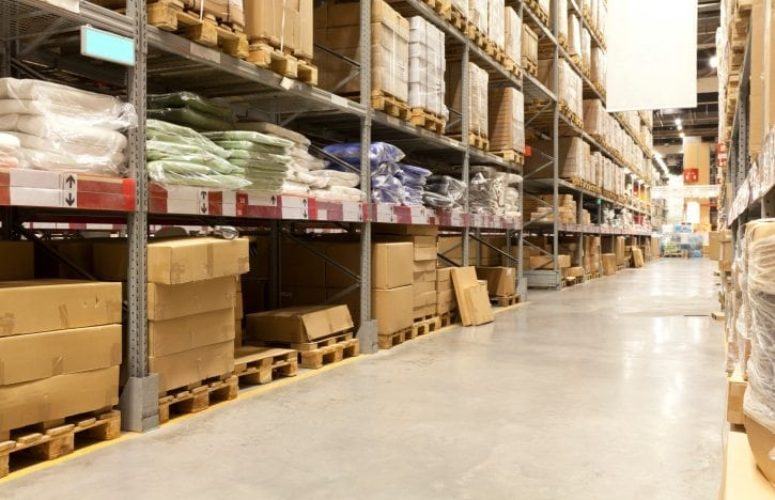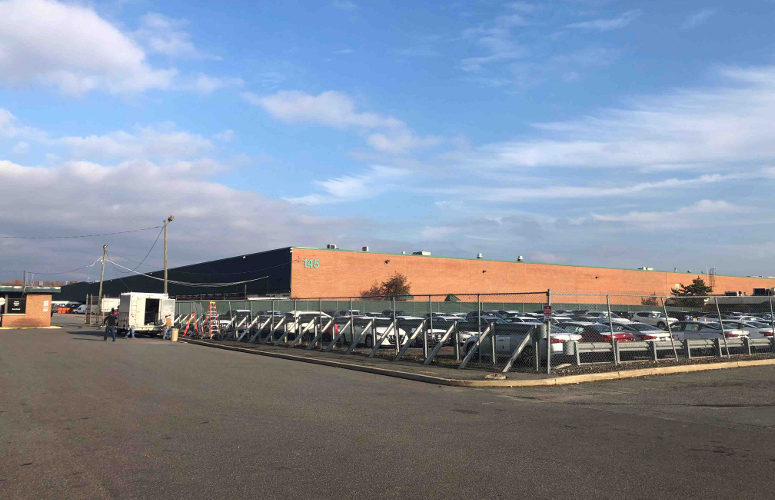
Holiday E-Commerce Returns Could Reach $32B as Online Sales Surge
On Dec 19, 2017As e-commerce claims an increasingly larger portion of holiday retail sales, retailers’ efficiency in limiting and handling returns of merchandise bought online – which could amount to as much as $32 billion this year – will make or break the holiday season for many, according to CBRE.
E-commerce consistently generates more returns than brick-and-mortar retail, partly because shoppers often can’t sample online merchandise before buying it and partly due to the widespread practice of online shoppers ordering several versions of a product and returning those that don’t appeal.
Historically, returns of store-bought merchandise have amounted to 8 percent of total retail sales. However, for e-commerce, that share ranges from 15 percent to 30 percent, depending on the product category.
Assuming that those percentages hold true, the value of returns this season will increase by the same 13.8 percent that Adobe Analytics predicts for the increase in online sales this season. Adobe foresees online sales this season reaching $107.4 billion, up from approximately $93 billion last year. By extension, CBRE calculates that the projected ceiling for returns is $32 billion, up from roughly $28 billion last year.
“The process of managing returns — whether handled in-house or by third-party logistics firms — has become an important part of the e-commerce business, and a strong reverse logistics setup can have a significant impact on e-retailers’ profitability,” said Mindy Lissner, executive vice president at CBRE. “The abundance of returns from online purchases is another tailwind bolstering the industrial sector in the Turnpike corridor and other submarkets impacted by the growth of e-retail. As consumers increasingly gravitate toward buying goods online, we can expect New Jersey industrial to move forward in lockstep, benefiting from both the purchases and returns of online shoppers.”
Those well positioned to thrive in the online-returns market – also called reverse logistics – include third-party logistics firms and owners of 3PL facilities, according to CBRE. Many retailers opt to contain costs and preserve their retail focus by outsourcing reverse-logistics functions to 3PL firms that specialize in that field.
Related Articles:





